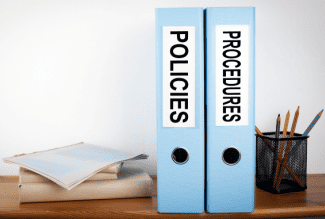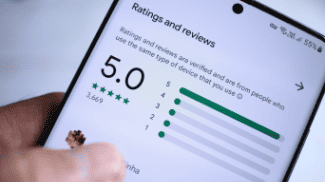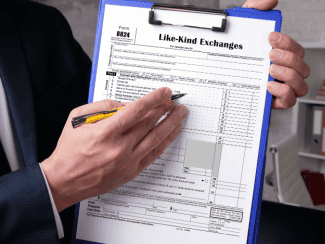7 Things You Didn’t Know Your Landlord Insurance Policy Covers

1. Protection for your rental property against different types of damage
If your rental building or other structures on your property like a fence or shed are damaged in a fire or hailstorm, your landlord policy can help pay to repair them.
While you’ll need to check your specific policy to see what perils are included, here are the most common causes of loss that are typically covered:
- Fire and lightning
- Smoke
- Wind and hail
- Damage from falling objects
- Freezing of plumbing and heating
- Damage by vehicle or aircraft
- Explosions
- Civil commotion and riot
Depending on your policy, accidental property damage caused by your tenants may even be covered, for example if someone accidentally causes a kitchen fire that damages your property unit.
Just keep in mind you have to first pay a deductible for a property-damage claim before your insurer will reimburse you. A deductible is the amount you’re responsible for paying out of pocket before insurance kicks in. You choose your deductible when you purchase your policy, and it can typically be set at anywhere from $500 to $2,000.
2. Protection against certain types of sudden water damage
Your landlord policy may reimburse you if your rental property is damaged by a burst pipe or water heater.
That said, landlord policies exclude coverage for water damage from sum-pump or drain backups. But you may be able to add additional coverage, called an endorsement, to your policy for this. Landlord insurance also excludes coverage for flood damage — you’ll need a separate flood insurance policy for that protection.
3. Loss of your rental income
If your rental property is badly damaged and your tenants aren’t able to stay there while it’s being repaired after a covered loss, your landlord policy can help cover that loss of rental income while your property is being repaired.
Called fair rental-value coverage, it’s typically 20 percent of your property’s dwelling coverage limit. Your payments end once your property is repaired and can be rented out again, or after 12 months — whichever comes first.
4. Payment for minor medical bills if someone is injured and you’re responsible
If a tenant or their guest is injured while on your property and you’re responsible — say a loose handrail results in someone falling down the stairs — your landlord policy’s premises medical protection can help pay for their reasonable medical expenses, like x-rays, first aid, or an ambulance.
5. Payment for legal fees and expensive medical bills if you get sued over someone’s injury
If a tenant or their guest is very badly injured on your property and needs extensive medical attention — say they need surgery — your landlord policy’s liability coverage can help cover those costs if you’re found responsible. And if the injured person sues you over the matter, your liability coverage can help pay for the legal fees.
6. Some coverage for burglary and vandalism to your rental property
Landlord insurance may offer some protection against burglary and vandalism, but it won’t cover you if your tenant vandalizes or steals your stuff. You can typically purchase additional vandalism and burglary coverage if you want to better protect your property with higher coverage limits.
7. Protection for your rental property appliance and equipment used for upkeep
Equipment you own that’s essential to your rental property or used for maintenance is also covered by your landlord policy. This typically includes:
- Dishwashers
- Washers and dryers
- Refrigerators
- AC units
- Lawnmowers
- Snowblowers
- Leaf blowers
But property like clothing or your guitar collection that you left in a rental unit likely wouldn’t be. Your tenants’ personal property is also not covered — they’ll need their own renter’s insurance policy to protect their belongings.
Source: Rental Housing Journal















 Accessibility
Accessibility